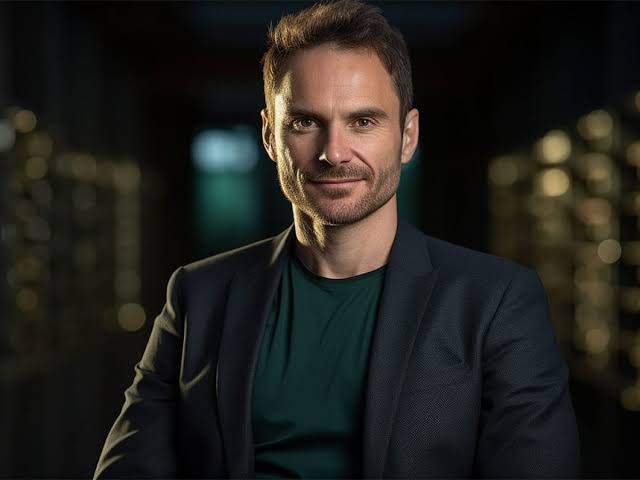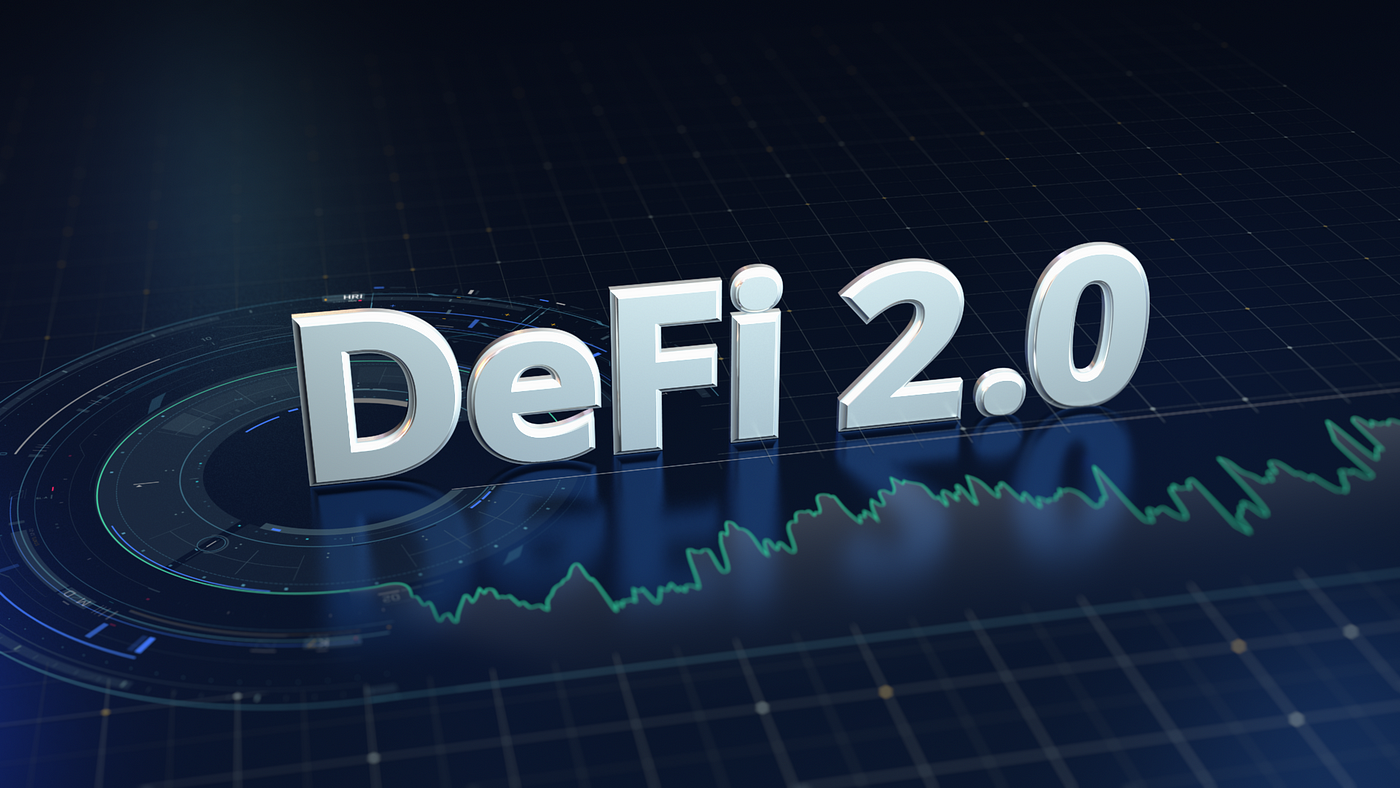The CEO of Tether, Paolo Ardoino, has spoken in support of more stable US crypto regulations, seeking compliance and stable innovations.
At the most recent D.C. Fintech Week, Paolo Ardoino, the CEO of Tether, underscored the necessity of prudent crypto regulations in the United States. During a remote presentation, Ardoino addressed Tether’s proactive approach to working with global regulators and its dedication to regulatory compliance.
The CEO of the stablecoin issuer emphasized the significance of creating regulatory frameworks that prioritize consumer protection and encourage innovation.
The CEO of Tether is advocating for the United States to implement equitable cryptocurrency regulations
The CEO of Tether, Paolo Ardoino, expressed confidence that the United States will soon implement effective and transparent regulations during his video link appearance at D.C. Fintech Week. He emphasized that these regulations should guarantee the safety of end users while simultaneously enabling the development of stablecoin innovations.
Moreover, Tether’s CEO emphasized that, despite his Italian heritage, the United States has been at the forefront of technological advancements for many years. He emphasized,
“I think it’s very, very important that sensible crypto regulations and stablecoin regulations will come to fruition in a way that will protect the end users.”
Ardoino further stated that these regulations would enable stablecoins such as USDT to serve as a “lifeline” for individuals in countries experiencing economic hardships.
Furthermore, the CEO of Tether stated that the United States plays a critical role in the global financial system. He believes implementing balanced crypto regulations could improve the market’s stability. He expressed his assurance that regulatory frameworks in the United States will be established to promote consumer protection and innovation.
Collaboration with Law Enforcement
During his presentation, Ardoino emphasized Tether’s collaboration with law enforcement agencies in 45 countries, such as the FBI and the U.S. Secret Service. He observed that Tether had improved its compliance over the years, surpassing its previous reputation for resisting regulatory oversight.
Ardoino noted, referencing its involvement in a multitude of countries,
“It would be difficult to find another financial firm that matches the level of law-enforcement cooperation and number of agency relationships that Tether has.”
He also noted that Tether’s proactive approach to compliance is supported by a 104% over-collateralized reserve, with 84% of its assets currently held in U.S. Treasuries. He argued that this renders Tether extremely resilient during redemptions, citing that the company endured billions in redemptions in 2022, “a type of pressure that almost no bank was able to survive.”
To facilitate a more expeditious and easier access to capital than traditional banks, the USDT company is investigating the possibility of lending to commodities traders. By providing faster settlements and fewer regulatory obstacles, this new service has the potential to influence global commodity trading.
Strengthening Transparency and Communication
Ardoino underscored that Tether is “doubling down” on transparency and communication. Ardoino reaffirmed Tether’s dedication to enhancing its disclosures, despite acknowledging previous criticism of the company’s lack of transparency, particularly its reserve backing.
He underscored that Tether’s current strategy is to show that the company’s financial health is robust, with substantial U.S. Treasury holdings guaranteeing liquidity.
Ardoino emphasized Tether’s role in facilitating access to U.S. dollar-based assets for emerging markets by stating, “We are purchasing immense quantities of U.S. debt.” He observed that Tether’s stablecoin offerings are designed to provide these markets with access to “the best currency in the world.”
Furthermore, Congressman French Hill, who was also present at the event, offered his perspective on the legislative potential for crypto regulations. Hill, the chair of the crypto panel in the House Financial Services Committee, proposed that the “lame duck” session could provide an opportunity to advance stablecoin and crypto legislation.
He stated that a gap in the defense spending package could facilitate the potential for financial services legislation to advance. Nevertheless, he acknowledged that the legislative outcome could be contingent upon the 2024 U.S. presidential election results.
Hill stated that crypto regulations would likely become a priority for 2025 if legislation does not pass this year, mainly if there are changes in leadership on the House Financial Services Committee. He further stated that regulations would continue to be a priority, with the possibility of modifications contingent upon the election results.



